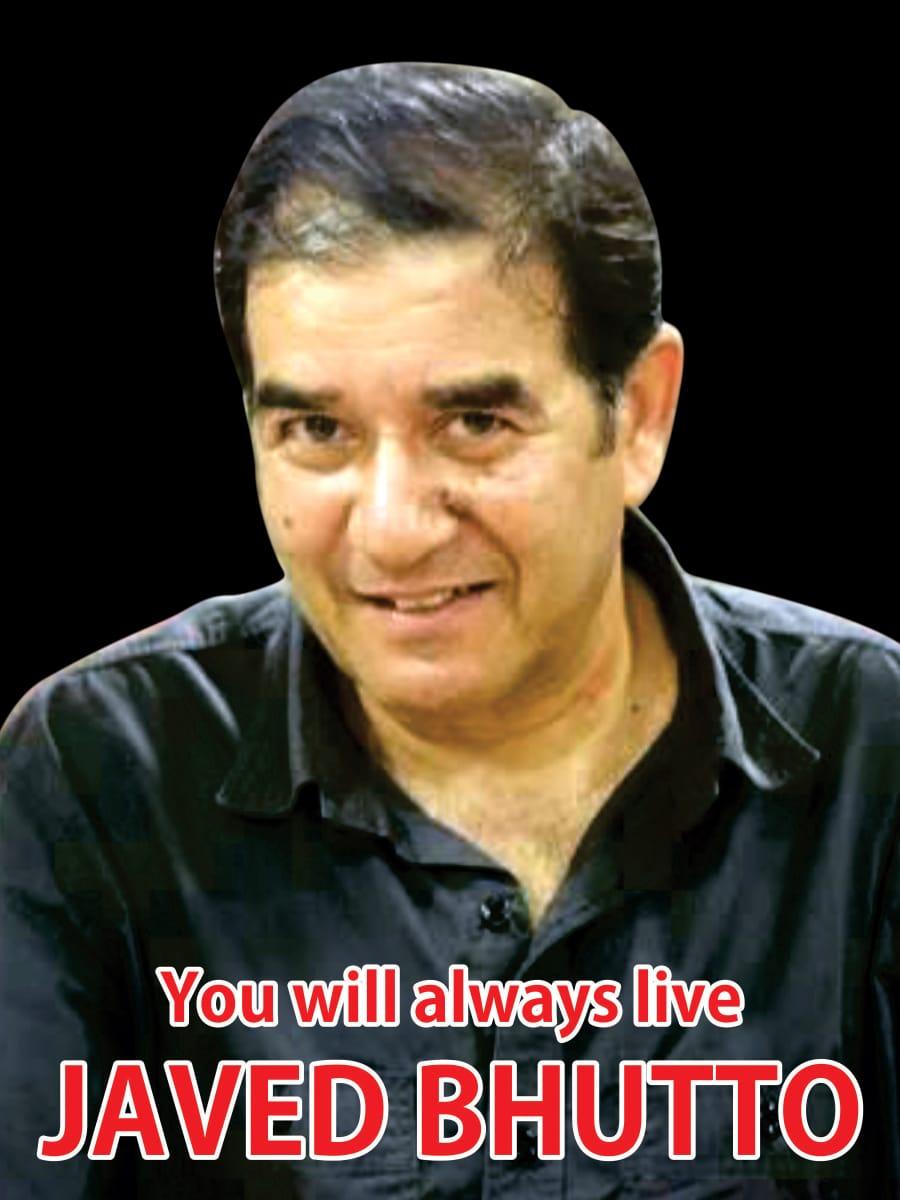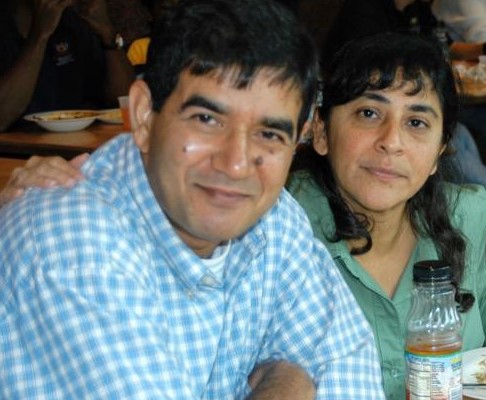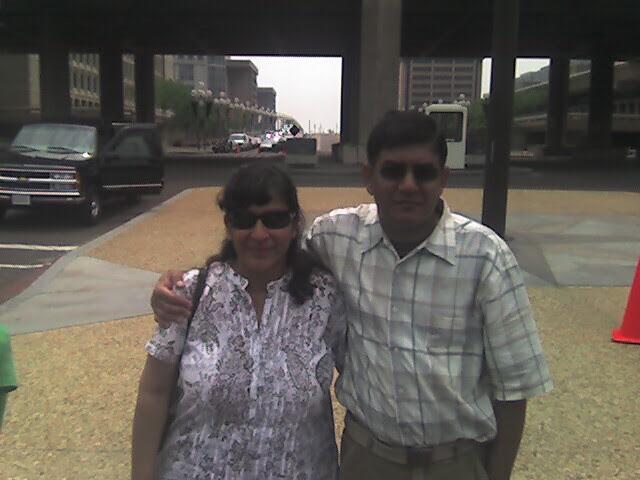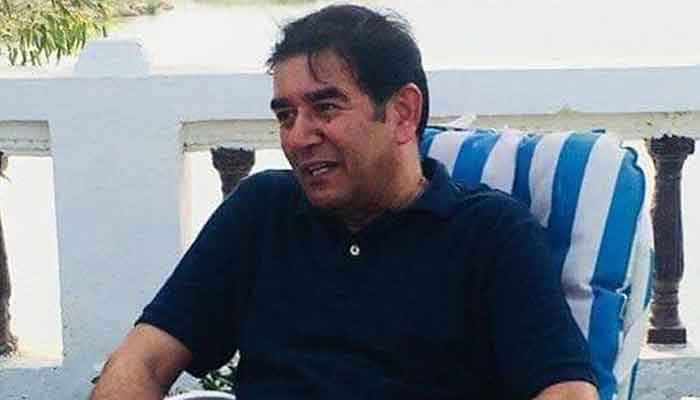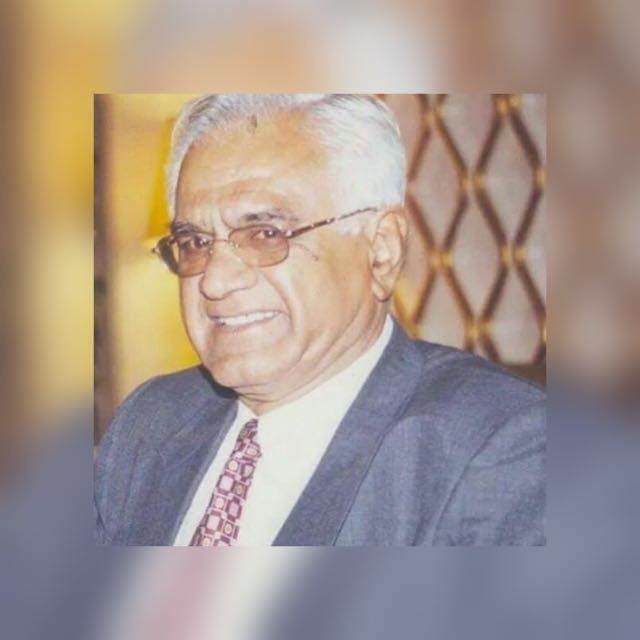BEIRUT — The princess known as Sheikha Latifa had not left Dubai, the glittering emirate ruled by her father, in 18 years. Her requests to travel and study elsewhere had been denied. Her passport had been taken away. Her friends’ apartments were forbidden to her, her palace off-limits to them.
At 32, Sheikha Latifa bint Mohammed al-Maktoum went nowhere without a watchful chauffeur.
“There’s no justice here,” she said in a video she secretly recorded last year. “Especially if you’re a female, your life is so disposable.”
So it was with a jolt of astonishment that her friends overseas read a WhatsApp message from her last March announcing that she had left Dubai “for good.”
“I have a very uncomfortable feeling,” one of them, an American sky diver named Chris Colwell, messaged back. “Is this real,” he added. “Where are you.”
“Free,” she responded. “And I’ll come see you soon.” She added a heart.
Her escape — planned over several years with the help of a Finnish capoeira trainer and a self-proclaimed French ex-spy — lasted less than a week.
Within a few days of setting sail on the Indian Ocean in the Frenchman’s yacht, bound for India and then the United States, the Sheikha went silent. She has not been seen since, except in a few photos released in December by her family, which says she is safely home after surviving what they said was a kidnapping.
Yet thanks to the video she made before fleeing, the sheikha’s face and voice have made their way around the world, drawing more than 2 million views on YouTube, spurring avid news coverage and marring Dubai’s image as a world capital of glitz and commerce like a graffiti tag.
Like the young women who have fled Saudi Arabia’s restrictive regime, Sheikha Latifa has made sure no one can forget how few freedoms are allotted to women in the Middle East’s most conservative societies — or how costly crossing Dubai’s ruler can be.
For all its megamalls, haute cuisine and dizzying skyscrapers, Dubai can flip at speed from international playground to repressive police state. It has drawn headlines in the West for detaining foreigners for holding hands in public and drinking alcohol without a license.
Last year, it was widely condemned for holding a British academic, Matthew Hedges, after accusing him of being a British spy. In recent years, the authorities have also intensified a crackdown on internal dissent.
“It doesn’t matter whether you’re an ordinary Emirati citizen or a member of the royal family or an expat from a close ally like the U.K.,” said Hiba Zayadin, a researcher at Human Rights Watch. “If you’re harming that carefully tailored image,” she added, “you will face the consequences.”
Over the video’s 39 stark minutes, her voice composed and forceful, Sheikha Latifa described in fluent English her life of constricting privilege and stunted hopes. She hoped it would change if she could win political asylum in the United States.
“I don’t know how, how I’ll feel, just waking up in the morning and thinking, I can do whatever I want today,” she said. “That’ll be such a new, different feeling. It’ll be amazing.”
Fearing for her life if she was caught, she said she was recording the video in case she failed.
“They’re not going to take me back alive,” she said. “That’s not going to happen. If I don’t make it out alive, at least there’s this video.”
Sheikha Latifa first faced rigid restrictions after her sister’s failed escape attempt years earlier.
When she was 14, her older sister Shamsa escaped from her family’s security detail on a trip to England. Her father, Sheikh Mohammed bin Rashid al-Maktoum, the ruler of Dubai and prime minister of the United Arab Emirates, owns a large estate and a prominent thoroughbred racing stable, Godolphin, there.
Hervé Jaubert, right, spoke at a news conference in London after Sheikha Latifa was captured aboard his yacht. He said he was helping her escape. Sheikha Latifa’s father said Mr. Jaubert had kidnapped her.
Hervé Jaubert, right, spoke at a news conference in London after Sheikha Latifa was captured aboard his yacht. He said he was helping her escape. Sheikha Latifa’s father said Mr. Jaubert had kidnapped her.
News reports at the time said Emirati personnel eventually tracked Shamsa to a street in Cambridge, forcing her into a car. When a Scotland Yard detective began investigating her case as a kidnapping, Dubai authorities refused to let him interview her. The case dead-ended there.
Sheikha Latifa said Shamsa, the only of 30 siblings to whom she was close, had been drugged into docility ever since, “basically like walking around with a cage following her.”
Horrified by Shamsa’s treatment, she said she tried to escape across the border to Oman. Retrieved almost immediately, she said she was held in solitary confinement for more than three years.
Emirati family law allows women to be punished for disobeying, and she said she was frequently pulled out of bed to be beaten, deprived of medical care and, until the final few months, even a toothbrush.
Even after she was released at 19, her life was defined by her family’s constraints as much as by its wealth.
She lived in a palace behind high walls, with 40 rooms spread over four wings — one for each female relative who lived there, said Tiina Jauhiainen, a Finnish woman who began training Sheikha Latifa in the Afro-Brazilian martial art of capoeira in 2010. There were about 100 servants and an athletic compound with its own swimming pool and spa. Wherever the sheikha went, a Filipino maid went too.
But hers was a life of enforced, confined leisure. She could spend her money only on hobbies and sports including horseback riding and scuba diving, or on treating friends to lunch or manicures. She was not allowed to study medicine as she had wanted, friends said.
Nor could she travel, even to the next-door emirate of Abu Dhabi, one of seven city-states making up the United Arab Emirates. She pressed friends to describe every trip for her “like she was traveling with me,” said Stefania Martinengo, her friend and skydiving coach.
She was also barred from visiting any nonpublic places, even friends’ homes. An avid sky diver, she once parachuted secretly into an unapproved part of the city for 20 minutes of kayaking with Mr. Colwell.
When friends rode along in the boxy black Mercedes that often ferried her around, she put on headphones and sat in silence, refusing, in front of the driver, to say a word.
Skydiving was her chief distraction.
Dropping into the sky, “you’re equal to everyone,” Ms. Martinengo said. “You don’t talk, you’re just flying. I think she enjoyed being free in the sky.”
At first glance, she seemed neither fabulously wealthy nor wildly unhappy.
Introducing herself as Latifa, she was often taken for just another local woman. Under the all-covering abaya she wore in public, she usually dressed in T-shirts and athletic pants. She demurred her way out of most photos. She listened rather than talked. She never outright complained about her situation, friends said.
She never spoke about her family. Dubai’s dazzlingly wealthy flaunted their lives on Instagram; she was barely Googleable.
But she fantasized about running her own life. She talked about starting an Emirati skydiving team, hoping her father would let her travel to international competitions. A vegan who had become passionate about wellness and detox, she planned to invest in a yoga-and-juice center in Europe with Ms. Martinengo.
When Ms. Martinengo asked how she would help run the business without traveling, she said, “I have a feeling things might change.”
Almost no one realized until later that she had been planning to run for several years.
She first contacted Hervé Jaubert, whose website describes him as a former French intelligence officer and “no ordinary man,” who had once managed to escape Dubai in a small rubber boat by dressing as a woman.
She then enlisted Ms. Jauhiainen. At one point, they trained to dive and swim to Oman via underwater scooter.
Ms. Jauhiainen said Sheikha Latifa wanted to help other women who had been trapped in similar situations, and she wanted to get Shamsa out. If necessary, she thought she could work as a skydiving instructor.
To show that she was safe at home, the government of the United Arab Emirates distributed this picture showing Sheikha Latifa bint Mohammed al-Maktoum, left, with Mary Robinson, former president of Ireland, in December.
To show that she was safe at home, the government of the United Arab Emirates distributed this picture showing Sheikha Latifa bint Mohammed al-Maktoum, left, with Mary Robinson, former president of Ireland, in December.
“I’m ready to flip burgers or do anything as long as I have my freedom,” she told Ms. Jauhiainen.
A few days before they left, she sneaked out of a mall to record the video at Ms. Jauhiainen’s apartment.
“I’m feeling positive about the future,” she said. “I’m feeling like it’s the start of an adventure. It’s the start of me claiming my life, my freedom, freedom of choice.”
“I’m really looking forward to that,” she said.
The morning of the escape, Sheikha Latifa was driven to eat breakfast with Ms. Jauhiainen at a restaurant, as she often did. According to Ms. Jauhiainen, they got into her car and made for Oman, where they rode an inflatable raft, then Jet Skis, out to Mr. Jaubert’s yacht. A selfie they took in the car shows Sheikha Latifa grinning behind mirrored sunglasses, elated.
“We’re like Thelma and Louise,” Ms. Jauhiainen joked, referring to the 1991 American film.
“Don’t say that,” Sheikha Latifa protested. “It has a sad ending!”
As they sailed toward India on the evening of March 4, the women were getting ready for bed below decks when they heard loud noises. They locked themselves in the bathroom, but it filled with smoke. The only way out was up.
On deck, armed men whom Ms. Jauhiainen identified as Indian and Emirati pushed Mr. Jaubert, Ms. Jauhiainen and the Filipino crewmen to the ground, tying them up and beating them. They told Ms. Jauhiainen to take her last breath. Ms. Jauhiainen saw Sheikha Latifa on the ground, tied up but kicking, screaming that she wanted political asylum in India.
Before long, an Arabic-speaking man boarded. He made it clear, Ms. Jauhiainen said, that he had come to retrieve the sheikha.
“Just shoot me here,” she cried, Ms. Jauhiainen recalled. “Don’t take me back.”
Then she was gone.
Her father, Sheikh Mohammed, did not address her whereabouts until December, when the BBC was about to air a documentary. His office issued a statement saying that she was safe in Dubai, celebrating her 33rd birthday with family “in privacy and peace.” (Ms. Jauhiainen said the sheikha had not chosen to spend her birthday with family in years.)
The statement accused Mr. Jaubert, whom it called a “convicted criminal,” of kidnapping her for a $100 million ransom.
Sheikh Mohammed did not reply to a request for an interview sent to his office. The Emirati embassy in Washington did not respond to a request for comment.
Things have only gotten stranger since.
On Christmas Eve, Dubai released the first public photos of Sheikha Latifa since her disappearance. They showed her sitting with Mary Robinson, the former president of Ireland and former United Nations High Commissioner for Human Rights, who confirmed that she had met the sheikha at her family’s request.
Ms. Robinson said Sheikha Latifa was safe with her family, but said she was receiving psychiatric care, calling her a “troubled young woman” with a “serious medical condition.”
“This is a family matter now,” Ms. Robinson said.
The sheikha’s advocates were taken aback that a respected human rights crusader had seemingly embraced Dubai’s official line. They disputed that she had a psychiatric condition, apart from any she might have developed because of imprisonment or drugging.
“I know 100 percent for sure that she doesn’t need mental care,” Ms. Martinengo said. “Maybe now, after all these treatments, but not before. How can you think that a person who’s been in prison for nine months wouldn’t seem troubled?”
Friends also found Sheikha Latifa’s appearance in the photos — slightly dazed, her eyes missing the camera — concerning.
With negative attention thickening around her, Ms. Robinson issued a statement saying that she had made her assessment “in good faith and to the best of my ability,” adding that the sheikha’s “vulnerability was apparent.”
By mid-January, a lawyer who had been working with activists left the sheikha’s case without explanation.
Several friends still in Dubai said they were too frightened to speak, while Mr. Jaubert abruptly stopped responding to requests to be interviewed for this article.
Sheikha Latifa had little doubt about what would happen to her.
“If you are watching this video, it’s not such a good thing,” she said in her video. “Either I’m dead, or I’m in a very, very, very bad situation.”

